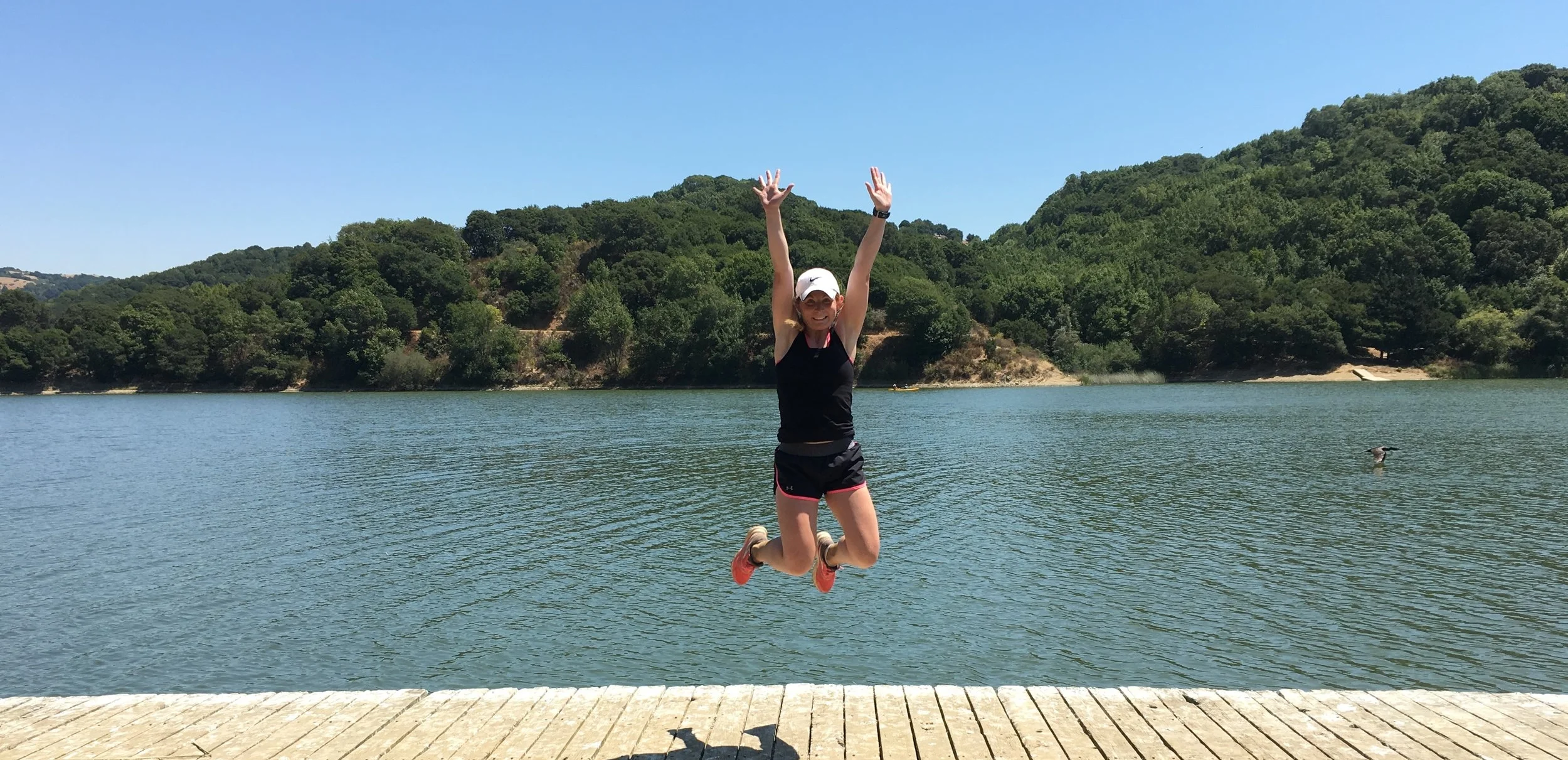I can still hear my father telling me and my younger sister, "I want a lawyer and a doctor. You can decide who will pursue which." Always terrified of blood and never one to shy away from a debate, I naturally chose lawyer. As I grew older, I began to flirt with the pursuit of other careers-- psychologist, journalist, politician-- but when it came time to graduate from college, and the knot of uncertainty began to tighten in my chest, I was swayed by this deeply engrained paternal push towards the well-trodden path to "success".
I loved studying for the LSATs and I knew I would probably enjoy law school, but I couldn't imagine being a lawyer. The closer application deadlines came, the more I found myself researching alternative career options. I had energy, and passion, and diverse interests-- I just wasn't sure how it would all come together. So after taking the LSATs, I called my father and told him I would not be applying for law school. With a breathy mixture of confusion, frustration and disappointment he said "Oh Brigie, there is plenty of time for pursuing other things. Now is the time to focus on building your career." While part of me still agreed with him, I just decided I was going to dive into the unknown and figure it out.
Four years, two internships, two jobs, and 5-weeks of volunteering in Tanzania later, I am still trying to figure out what I want to be when I "grow up". There are times when everything seems to line up perfectly and my experience and passions are in perfect harmony with the work and opportunities before me, and then there are times when it feels like a terrible jazz song that has no followable melody or beat.
I have always quietly thought of myself as an entrepreneur, but it wasn't until I read Reid Hoffman and Ben Casnocha's book,
that I understood that being an entrepreneur is more than just having an idea and starting a business, it's about approaching your work the way an entrepreneur would build a startup: invest in yourself, adapt to changing conditions, and take risks. I think about my career as being in permanent beta.
In spite of this validation for the unconventional approach, I still struggled to convince my father that what I was spending my time in valuable and respectable ways.
When I quit my job at a well-known technology PR company in San Francisco to spend 5-weeks volunteering in Tanzania and climbing Kilimanjaro, I wasn't sure if my father would ever recover. However, after four weeks worth of Skype calls and emails recounting my adventures in a small village near the base of Kilimanjaro, as I was preparing to climb Kilimanjaro, I received this email:















